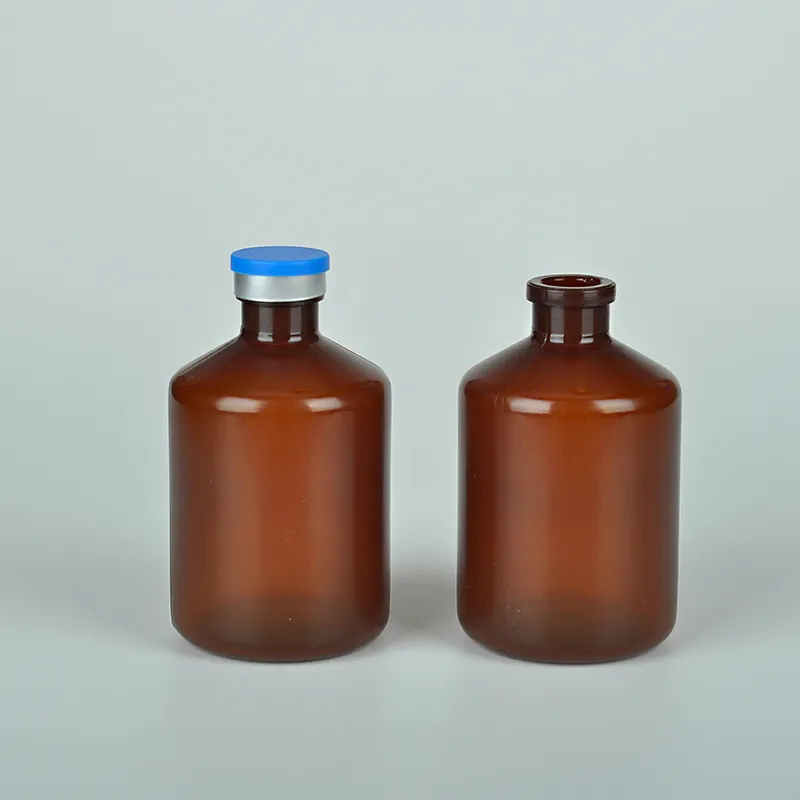
-
 Afrikaans
Afrikaans -
 Albanian
Albanian -
 Amharic
Amharic -
 Arabic
Arabic -
 Armenian
Armenian -
 Azerbaijani
Azerbaijani -
 Basque
Basque -
 Belarusian
Belarusian -
 Bengali
Bengali -
 Bosnian
Bosnian -
 Bulgarian
Bulgarian -
 Catalan
Catalan -
 Cebuano
Cebuano -
 Corsican
Corsican -
 Croatian
Croatian -
 Czech
Czech -
 Danish
Danish -
 Dutch
Dutch -
 English
English -
 Esperanto
Esperanto -
 Estonian
Estonian -
 Finnish
Finnish -
 French
French -
 Frisian
Frisian -
 Galician
Galician -
 Georgian
Georgian -
 German
German -
 Greek
Greek -
 Gujarati
Gujarati -
 Haitian Creole
Haitian Creole -
 hausa
hausa -
 hawaiian
hawaiian -
 Hebrew
Hebrew -
 Hindi
Hindi -
 Miao
Miao -
 Hungarian
Hungarian -
 Icelandic
Icelandic -
 igbo
igbo -
 Indonesian
Indonesian -
 irish
irish -
 Italian
Italian -
 Japanese
Japanese -
 Javanese
Javanese -
 Kannada
Kannada -
 kazakh
kazakh -
 Khmer
Khmer -
 Rwandese
Rwandese -
 Korean
Korean -
 Kurdish
Kurdish -
 Kyrgyz
Kyrgyz -
 Lao
Lao -
 Latin
Latin -
 Latvian
Latvian -
 Lithuanian
Lithuanian -
 Luxembourgish
Luxembourgish -
 Macedonian
Macedonian -
 Malgashi
Malgashi -
 Malay
Malay -
 Malayalam
Malayalam -
 Maltese
Maltese -
 Maori
Maori -
 Marathi
Marathi -
 Mongolian
Mongolian -
 Myanmar
Myanmar -
 Nepali
Nepali -
 Norwegian
Norwegian -
 Norwegian
Norwegian -
 Occitan
Occitan -
 Pashto
Pashto -
 Persian
Persian -
 Polish
Polish -
 Portuguese
Portuguese -
 Punjabi
Punjabi -
 Romanian
Romanian -
 Russian
Russian -
 Samoan
Samoan -
 Scottish Gaelic
Scottish Gaelic -
 Serbian
Serbian -
 Sesotho
Sesotho -
 Shona
Shona -
 Sindhi
Sindhi -
 Sinhala
Sinhala -
 Slovak
Slovak -
 Slovenian
Slovenian -
 Somali
Somali -
 Spanish
Spanish -
 Sundanese
Sundanese -
 Swahili
Swahili -
 Swedish
Swedish -
 Tagalog
Tagalog -
 Tajik
Tajik -
 Tamil
Tamil -
 Tatar
Tatar -
 Telugu
Telugu -
 Thai
Thai -
 Turkish
Turkish -
 Turkmen
Turkmen -
 Ukrainian
Ukrainian -
 Urdu
Urdu -
 Uighur
Uighur -
 Uzbek
Uzbek -
 Vietnamese
Vietnamese -
 Welsh
Welsh -
 Bantu
Bantu -
 Yiddish
Yiddish -
 Yoruba
Yoruba -
 Zulu
Zulu
Laboratory Testing Equipment and Analytical Supply Solutions for Accurate Results
The Importance of Laboratory Analytical Supplies
Laboratory analytical supplies are essential components in research and testing environments, playing a pivotal role in various fields such as chemistry, biology, environmental science, and pharmaceuticals. These supplies enable scientists and researchers to conduct precise experiments, analyze samples, and ensure the reliability of results. Understanding the significance and types of analytical supplies can enhance laboratory productivity and accuracy.
Types of Laboratory Analytical Supplies
Laboratory analytical supplies encompass a range of equipment and substances that aid in the analysis and measurement of samples. Common supplies include
1. Glassware This includes beakers, flasks, pipettes, and burettes, which are fundamental for conducting experiments. High-quality glassware is carefully manufactured to resist thermal shock and chemical corrosion, ensuring that it retains its integrity during experiments.
2. Chemicals and Reagents Analytical chemicals are the substances used in various assays and reactions. High-purity reagents are crucial for minimizing contamination and ensuring accurate results. Labs often use standards and calibration solutions to validate their analytical methods.
3. Instruments and Equipment Analytical instruments such as spectrometers, chromatographs, and balances are crucial for quantifying substances and characterizing samples. These tools can analyze components at micro to nano scales and provide data that are vital for research and product development.
4. Consumables Items like filter papers, syringes, and vials are frequently used in laboratories. Though small, these items have significant impacts on the quality of tests and experiments, as they are often involved in the handling and preparation of samples.
laboratory analytical supplies

5. Safety Supplies Mismanagement of chemicals and improper handling can lead to hazardous situations. Personal protective equipment (PPE), such as gloves, goggles, and lab coats, along with safety data sheets (SDS) for chemicals, are critical supplies that promote laboratory safety.
The Role of Quality in Laboratory Analytical Supplies
The quality of laboratory analytical supplies directly impacts the reliability of experimental results. Using high-quality materials reduces the risk of contamination and enhances the reproducibility of assays. For instance, when working with sensitive instruments like high-performance liquid chromatography (HPLC) systems, the purity of solvents and reagents can drastically alter outcomes. Consequently, laboratories should prioritize sourcing supplies from reputable manufacturers that uphold strict quality control standards.
Trends in Laboratory Analytical Supplies
With technological advancements, the landscape of laboratory analytical supplies is continually evolving. The rise of automation, for instance, has improved efficiency in sample analysis, reducing human error that can come from manual handling. Moreover, the integration of artificial intelligence in data analysis is beginning to streamline workflows and improve result interpretation.
Another important trend is the movement towards sustainability. Laboratories are increasingly adopting eco-friendly practices, including the use of biodegradable materials and promoting waste reduction. This shift not only benefits the environment but also enhances the laboratory’s public reputation and compliance with regulations.
Conclusion
In summary, laboratory analytical supplies are fundamental to the success of scientific research and analysis. From glassware to high-tech instruments, each component plays a critical role in ensuring precise and reliable outcomes. As the field advances, focusing on quality and embracing new technologies will be essential for laboratories striving for excellence in their work. By understanding and investing in these supplies, laboratories can enhance their capabilities and contribute significantly to scientific progress.
-
PTFE Centrifuge Tubes - Chemical Resistant, Leak-proof, Ideal for Laboratory UseNewsJul.05,2025
-
Premium Metal Dropper Bottle for Precise Dispensing 250ml & 1ml Options AvailableNewsJul.04,2025
-
20 ml Headspace Vials - High Quality Polyethylene & Plastic Vials for Lab UseNewsJul.04,2025
-
Small Bottle with Pipette - Precise Dispensing 100ml Pipette Bottles for Essential Oils & Lab UseNewsJun.24,2025
-
Acetic Anhydride Bottle for Accurate Dropper Measurement in Pharmacy Use High-Quality Dropper BottlesNewsJun.10,2025
-
Innovative PET Bottle Design for Juice – Unique Shapes & Customization OptionsNewsJun.10,2025






















